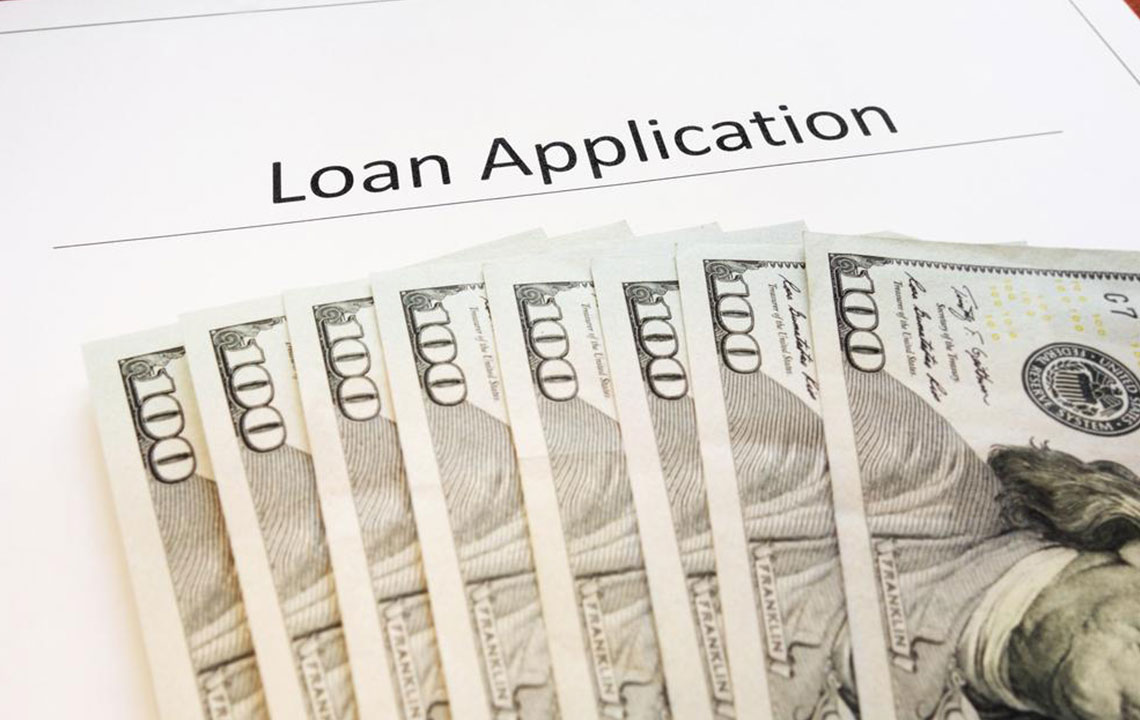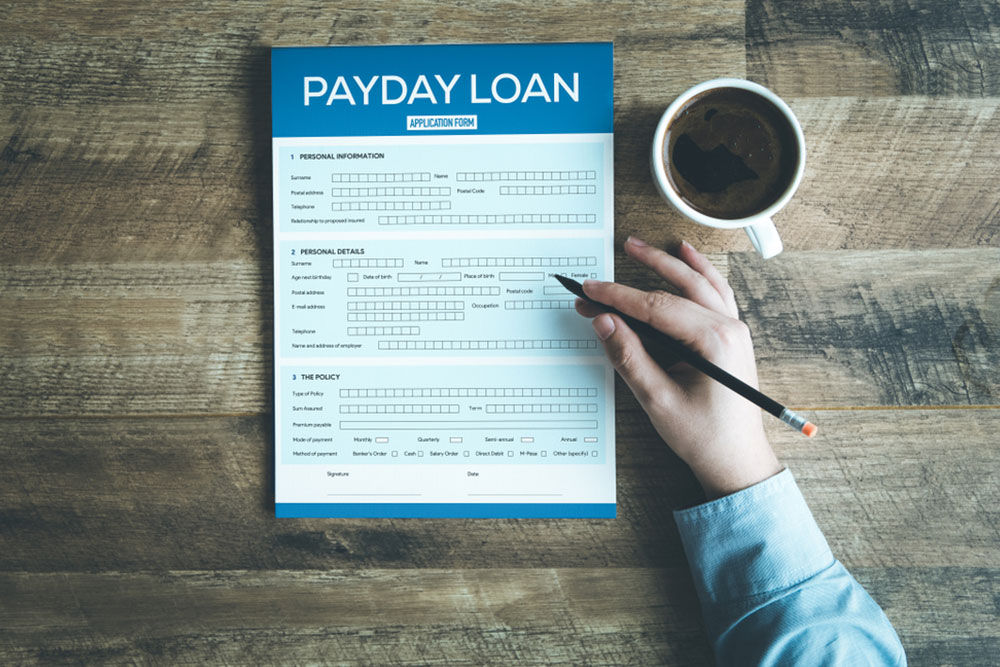Key Insights on Short-Term Loans and Cash Advances
This article provides essential information about payday loans and cash advances, highlighting risks, negotiation tactics, and options for debt management. It emphasizes the importance of understanding loan terms and evaluating repayment capacity to prevent negative financial impacts, including credit score damage. Readers are advised to explore safer alternatives and seek professional advice when dealing with short-term borrowing.

Key Insights on Short-Term Loans and Cash Advances
A payday loan or cash advance provides quick, small funds to cover unexpected expenses or emergencies. It can also bridge the gap between paychecks. Designed only for short-term needs, these loans often carry high-interest rates and can lead to debt cycles if borrowed repeatedly. To manage repayment effectively, consider negotiating with lenders for lower rates, exploring debt management options if the loan goes to collections, or seeking professional advice for settlement or bankruptcy options. Be cautious and evaluate your ability to repay before opting for such loans.
While lenders aim to profit from these small loans, they may be willing to negotiate repayment terms if you demonstrate sincerity. If payments are missed, your account may be sent to collections, where debt management programs can help reduce repayment pressure. In extreme cases, consulting a debt professional or bankruptcy attorney may be necessary. Avoid relying heavily on payday loans to prevent damage to your credit score; consider alternatives and assess your financial capacity carefully.










